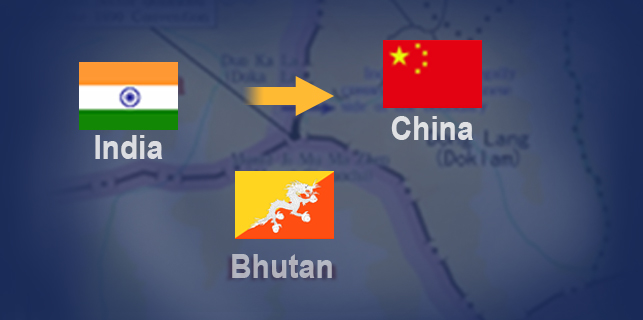UN slaps new sanctions on North Korea
China joins Russia, US in Security Council move over missile tests
China urged the Democratic People's Republic of Korea to adhere to a UN Security Council resolution after the council on Saturday imposed new sanctions on the country over its recent missile launches - cutting one-third of its $3 billion annual export revenue.
"China urged the DPRK to abide by relevant UN Security Council resolutions and cease to take actions that might further escalate tensions on the peninsula," said China's Ambassador to the UN Liu Jieyi after the vote at UN headquarters in New York.
"We hope relevant parties will immediately take effective actions to prevent the situation from further escalation, create conditions for the resumption of talks and make efforts to bring the issue at an earlier date back to the right track of seeking a peaceful solution through dialogue and consultation," Liu said.
The US-drafted resolution was adopted unanimously by the 15-member Security Council. It bans all exports of DPRK's coal, iron, iron ore, lead, lead ore and seafood. It prohibits new joint ventures or cooperative commercial entities with the DPRK and additional investment in existing ones. It also bans countries from allowing in additional numbers of laborers from DPRK.
The sanction also blacklisted nine DPRK individuals operating abroad as representatives of designated entities for asset freeze and travel ban and four DPRK commercial entities designated for an asset freeze.
DPRK launched two intercontinental ballistic missiles (ICBM) on July 3 and July 28, respectively.
China opposed the DPRK's launching activities, which are in violation of UN Security Council resolutions and against the will of the entire international community, Liu said.
"China has always insisted on realizing the denuclearization of the Korean Peninsula, maintaining peace and stability on the peninsula and seeking a solution through dialogue and consultation. China has opposed chaos and conflicts on the Korean Peninsula," Liu said, adding that it's what Resolution 2371 is about.
The fact that the resolution was adopted unanimously demonstrates that the international community is united regarding the nuclear issue on the peninsula, he said.
As Liu put it, the new resolution has three components: further sanctions against DPRK's nuclear programs; no intention to have an adverse effect on activities that are not prohibited by the resolution (such as economic activities and cooperation, food and humanitarian aid); and a call for resumption of the Six-Party Talks that expresses a commitment to a peaceful, diplomatic and political solution to the situation and the importance of working to reduce tension on the peninsula.
"All parties should implement the provisions in the resolution fully and earnestly," Liu said.
This resolution is the single-largest economic sanctions package ever leveled against the DPRK, said US Ambassador to the UN Nikki Haley.
"The resolution we've passed is a strong, united step toward holding North Korea accountable for its behavior," Haley said. "The US is taking - and will continue to take - prudent defensive measures to protect ourselves and our allies."
She said the US' joint military exercises with the Republic of Korea will continue.
China hopes the "realistic and feasible" China-Russia joint initiative, which put forward a road map for resolving the nuclear issue on the peninsula, can get response and support from relevant parties, Liu said.
The joint initiative issued on July 4 is based on China's proposal of a dual-track approach and a "suspension for suspension" initiative, and Russia's step-by-step approach.
Dual track urges advancing denuclearization of the peninsula while establishing a peace mechanism on the peninsula. The suspension for suspension initiative calls for DPRK's suspension of its nuclear programs accompanied by suspension of large-scale military exercises by the US and the ROK.
Liu said that China has noted recent US remarks again that it's not seeking a regime change nor a regime collapse in the DPRK; it's in no hurry to push for the reunification of the peninsula; and its troops will not cross the 38th parallel north.
"It's our hope that the US side will translate these four notes into concrete policies toward the DPRK," Liu said.
US Secretary of State Rex Tillerson said at a State Department press briefing on Aug 1 that the US is willing to sit down for talks with the DPRK on the condition that it give up its nuclear programs.
At the meeting, Liu also urged a halt to the THAAD deployment process and dismantling of related equipment
wanglinyan@chinadaily.com.cn
















